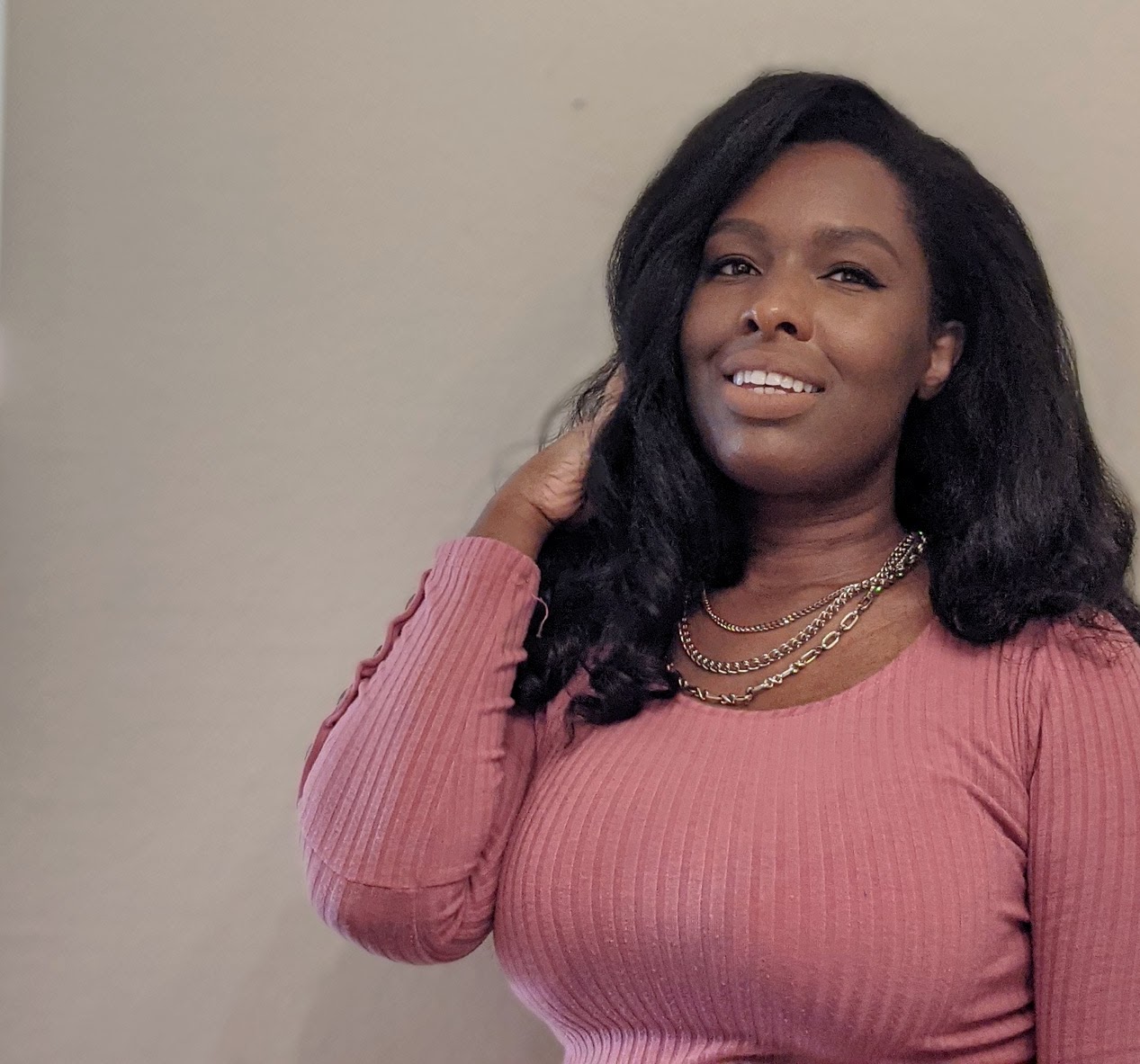Helpful Tips for Navigating Your Long COVID Care
March 29th, 2022
Finding an empathetic healthcare provider you trust can be a hurdle when living with long COVID, but it’s possible. Once you can connect with someone and make an appointment, I suggest you send them the Interim Guidance recommendations offered by the Centers for Disease Control and Prevention (CDC). These guidelines can help your healthcare provider evaluate and treat your specific symptoms.
You’ll also want to prepare a list of your symptoms for your first appointment. Trying to explain your symptoms to your provider in a way they’ll understand might be challenging—most people describe their symptoms isn't how medical books would explain them. This language barrier might lead your healthcare provider to misjudge or misdiagnose your symptoms or refer you to the wrong specialist. For example, I thought I was experiencing dizziness, but it was dizziness and vertigo. The dizziness was a side effect of post-viral dysautonomia, which is common with long COVID.
It's OK (and sometimes essential) to shop around for a new healthcare provider if at any time you feel like your provider isn't moving with enough urgency in administering care or answering your messages. Long COVID symptoms tend to develop and evolve rapidly. Sometimes, healthcare providers who are enthusiastic at first about treating long COVID become disheartened after months of trying to evaluate its constantly changing and sometimes unresponsive symptoms. If you feel neglected by your provider, have a conversation with them. If you’re dissatisfied with their response, it’s time to look for a new doctor.
Get a second opinion if your healthcare provider suggests a major procedure or test to alleviate long COVID symptoms! Many times, symptoms will clear up on their own. The medical community is still learning about the medical condition. A healthcare provider may recommend a procedure without knowing the potential risks.
For example, my wisdom teeth needed to be pulled early in my long COVID journey. I consulted with my healthcare provider, and she nixed the idea of getting the surgery my dentist had suggested because my heart rate and fatigue were still uncontrolled. This wise decision potentially saved my life! Studies now indicate an added risk for people with COVID undergoing surgery.
For additional support, long COVID support groups, such as Body Politic, often have in-house surveys or researchers within the group that can provide you with hard-to-find data to help you make an informed decision.

Cynthia Adinig
Cynthia spent the last several years as a marketing specialist for minority- and woman-led non-profits and on political campaigns. After developing long Covid in March 2020, she decided to become a long Covid advocate. A year into her recovery, she worked to help guide legislative language for the Covid 19 Long Haulers Act. She wrote a digital guide for medical care for Longhaulers of color. Cynthia is proud to join the Kindred team and help cultivate a much needed unique space for the long Covid community.


